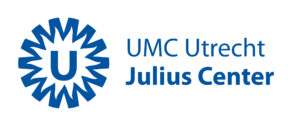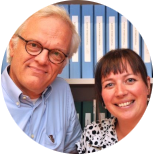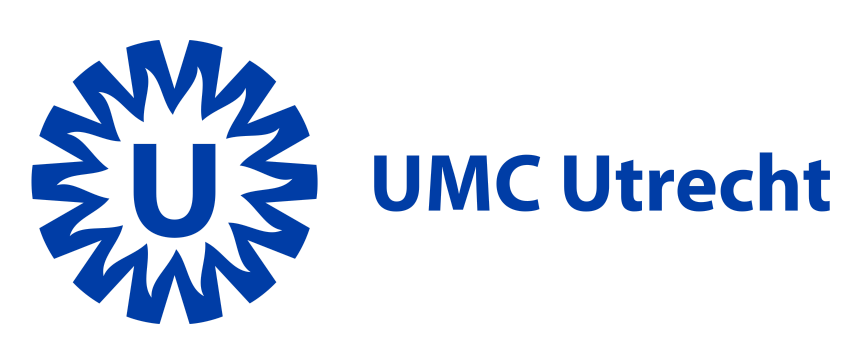ABOUT US
Julius Support was set up to assist medical researchers with design, conduct, data management, analysis and reporting of medical research. This includes a large variety, such as drug and device research, diagnostic and prognostic testing, biomarker research, etiological studies, bioinformatics, data science, decision support and healthcare innovation research.
Our support includes primary studies and meta-analytical studies, conducted in primary-, secondary- or tertiary care or in the public health setting. The support can be requested during the study conception, grant application or innovation phase, during the phase of protocol writing, data collection or data analysis, or during the reporting and dissemination phase.
Julius Support is a collaboration between three institutes:

The Julius Center for Health Sciences and Primary Care is one of the eleven divisions of the UMC Utrecht. The Julius Center is internationally renowned for its excellent medical research and innovations in the methodology of medical research.

Julius Clinical was established as a spin-off from the Julius Center in 2008 to give an extra boost to clinical trials. Julius Clinical is an academic research organization (ARO) backed up by a CRO infrastructure that combines strong scientific leadership and operational quality to conduct innovative national and global clinical trials..

The Cochrane Collaboration is a global independent network of health practitioners, researchers, patient advocates and others, responding to the challenge of making the vast amounts of evidence generated through research useful for informing decisions about health.
OUR SERVICES
Julius Support for advice on methodology and statistics offers medical researchers advice and support in all phases of research.
Advice can be requested on translating a general idea into a valid research question with an appropriate study design. Most often this is input for grant proposals or study protocols. Depending on the research question, this may include epidemiological, ethical, statistical and other expert advice. Notably, Julius Support can offer advice on conducting systematic review and meta-analysis.
Advice can be requested on data analysis. Experts on biostatistics and data science can help out with data analysis in a wide range of applications such as traditional statistics, more advanced modelling techniques and machine learning approaches, including analysis of clinical trials, prediction, bioinformatics, text mining etc. Advice can also be requested on Health Technology Assessment (HTA)
Advice can also be requested on implementation of data collection. This includes but is not restricted to expert advice on data management (for a Data Management Plan), statistics (for a Statistical Analysis Plan), ethics (for patient involvement).
Lastly, Julius Support can help with interpretation of results and reporting. For dissemination and valorization we collaborate with Thinc.

They have all participated in the workshops offered by Cochrane and have learned a great deal
“Enjoy it but don’t underestimate it. Don’t think that you will be able to write a systematic review during a three month research internship. It really is a long-term commitment. However, you are not alone; there is an entire institute willing and able to assist you.”
Read more
Make use of it!
“In the last 20 years the quality requirements for research methodology have been enormously tightened. In order to satisfy them you need specialists. It is fantastic that the UMC Utrecht has a support desk for researchers, so make use of it!”
Read moreJulius Support for advice on methodology and statistics operates through a web-based contact form which is read by a front office expert in epidemiology and statistics. This expert can answer short questions directly or plan a meeting (via MS teams or face to face in the Stratenum of UMC Utrecht). If more expertise is required, you will be referred to the relevant experts in the back office.
Intake and first hour of advice are free of charge. This hour is generally sufficient. Only when more time is needed an hourly rate will be charged.
The services offered by Julius Support for advice on methodology and statistics are also available for researchers outside the UMC Utrecht. Currently, requests from bachelor or master students cannot be granted, but advice can be requested by their supervisors, and students are allowed to attend that meeting (MS teams or face to face).
Julius Support for advice on methodology and statistics can be contacted via the request form. You will receive either a written answer or an invitation for a meeting with the relevant expert (on your request via MS teams or in person).
The office is located in the central hall of the Stratenum Building (room 1.239A) next to the Yellow Lecture Hall. Note that this is only for confirmed meetings!


